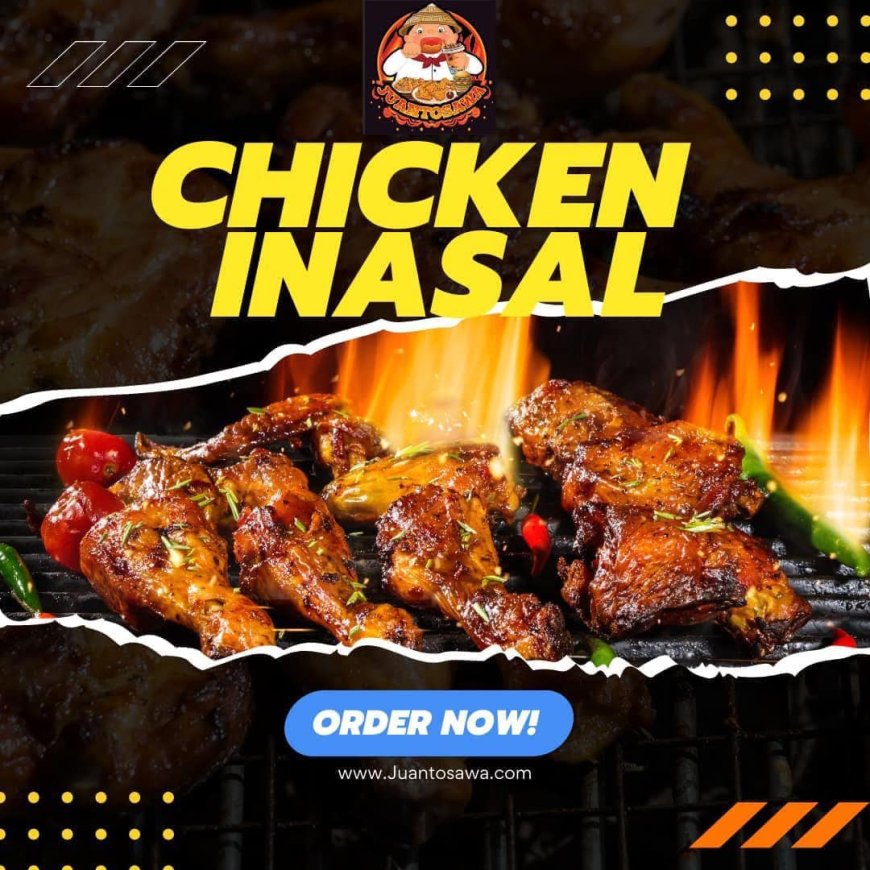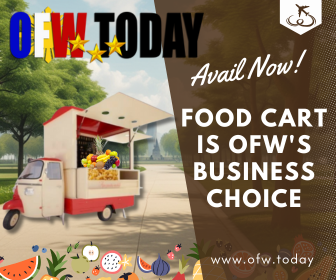Are the Supplements You Consume Truly Safe for You?

 In today’s fast-paced world, consumers are increasingly turning to dietary supplements to fill nutritional gaps in their diets. With busy lifestyles and evolving dietary habits, many struggle to meet their daily nutrient requirements through food alone. Advances in personal health assessments ranging from consultations with medical professionals to digital nutrition diagnoses and even DNA nutrition test kits are enabling individuals to better understand their nutritional needs.
In today’s fast-paced world, consumers are increasingly turning to dietary supplements to fill nutritional gaps in their diets. With busy lifestyles and evolving dietary habits, many struggle to meet their daily nutrient requirements through food alone. Advances in personal health assessments ranging from consultations with medical professionals to digital nutrition diagnoses and even DNA nutrition test kits are enabling individuals to better understand their nutritional needs.
As a result, dietary supplementation has become a popular solution for those seeking a convenient and tailored approach to maintaining their well-being. This rising consumer trust is also contributing to the rapid growth of the supplement industry, particularly in Asia Pacific.
In the Philippines, more and more Filipinos are prioritizing their health, sometimes even more than saving money or buying a house, according to a 2024 OCTA survey. This shift, largely driven by the pandemic, has made supplements a convenient and popular option for supporting wellness goals.
According to Alex Teo, Director, Research Development and Scientific Affairs, Asia Pacific, Herbalife, as demand for dietary supplements surges, so do concerns about safety, quality, and regulatory oversight. In some cases, supplements have been found to contain undeclared pharmaceutical ingredients, like synthetic drugs or contaminants that could pose serious health risks. “As a result, transparency in the dietary supplement industry has become a critical factor in earning customer trust. Brands that embrace transparency in their labelling, sourcing, and quality assurance practices can build a brand image that differentiates them in an increasingly competitive market,” said Teo. The Evolving Regulatory Landscape in Asia Pacific
The regulatory framework for dietary supplements in the Asia Pacific region varies significantly across countries. Australia has one of the most stringent systems, with supplements regulated as therapeutic goods under the Therapeutic Goods Administration (TGA), which requires robust evidence of safety, quality, and efficacy. Products must be listed or registered depending on their risk classification, and manufacturers must comply with Good Manufacturing Practices (GMP). In contrast, Indonesia takes a more flexible approach. Supplements fall under the jurisdiction of Badan Pengawas Obat dan Makanan (BPOM), which classifies them as traditional or health supplements.
In most APAC markets, including the Philippines, dietary supplements must be registered with the regulatory authorities before they can be sold. However, supplement recalls in the region have raised questions about the industry’s regulatory oversight. Unlike the pharmaceutical sector, which undergo stringent testing and approval processes, dietary supplements are often regulated in a manner that is similar to food products, focusing primarily on labelling and general safety.
Moreover, online loopholes pose growing risks. Unregistered products are often sold on digital platforms or promoted by influencers making false or exaggerated health claims. This has prompted repeated warnings from the Food and Drug Administration and Department of Health to Filipino consumers.
As a result, the level of regulatory rigor varies widely between countries, leading to inconsistencies in safety and quality. Key regulatory considerations include:
- Regulatory Frameworks: Countries like South Korea and Taiwan have implemented comprehensive regulatory frameworks for dietary supplements, overseen by their respective food and drug authorities. Both countries require safety evaluations, functional ingredient approvals, and adherence to Good Manufacturing Practices before products can enter the market. These measures ensure high standards of safety, efficacy, and quality.
- Labelling Standards: Clear and accurate labelling is critical to consumer safety. Regulations dictate that supplement labels should list ingredients, recommended dosage, and potential side effects, though enforcement varies across the region.
- Health Supplement Claims: Many brands make claims about the benefits of their products, from boosting immunity to improving cognitive function. However, without strong regulatory scrutiny, some of these claims may be misleading or unverified.
- Advertising and Promotion: Digital marketing, especially through social media, has played a pivotal role in supplement sales. In some countries, misleading advertisements or claims can lead to penalties, while in others, enforcement is weak, making it easier for questionable products to reach consumers.
While efforts have been made such as the ASEAN Harmonization of Health Supplements initiative to develop a unified regulatory framework across Southeast Asia, the framework has yet to be fully implemented to date. Until such standards are adopted, both consumers and manufacturers must continue to navigate a complex and uneven regulatory landscape across the region.
The Importance of Scienced-Backed Supplementation
With regulatory standards differing across markets, scientific validation plays a crucial role in helping consumers make informed and confident decisions about their health. Supplements grounded in credible scientific research offer a higher level of assurance when it comes to safety, efficacy, and long-term benefits. Health and wellness brands such as Herbalife differentiate themselves by prioritizing science-backed product development and rigorous quality control. Investing in extensive research and adhering to strict compliance standards helps establish a benchmark for product safety, ensuring that consumers receive high-quality and effective supplements.
“A key aspect of this commitment is scientific validation—where formulations are developed based on credible research rather than fleeting market trends. To further ensure product safety and potency, Herbalife conducts independent third-party testing to verify ingredient purity and confirm that what is stated on the label accurately reflects the product’s composition,” added Teo.
Beyond ingredient verification, advancements in nutritional science and product formulation play a vital role in enhancing supplement efficacy. Companies that invest in cutting-edge research and collaborate with scientific experts are better equipped to develop innovative products tailored to evolving consumer health needs. The integration of new technologies, such as precision nutrition and bioavailability optimization, further enhances the absorption and effectiveness of supplements, ensuring that consumers receive maximum benefits from their dietary choices.
Through continuous advancements in formulations and the integration of cutting-edge scientific discoveries, reputable brands set higher industry standards and meet the growing demand for safer, more effective supplements.
Making Informed Choices for Your Health
As the supplement industry continues to grow, consumers must also take an active role in researching and validating the products they consume. Before purchasing a supplement, it is essential to check the ingredient list and verify whether the product contains any allergens, artificial additives, or potentially harmful substances. “Understanding the manufacturing process is equally important, opting for brands that follow Good Manufacturing Practices (GMP) and conduct third-party testing can help ensure product safety. By taking ownership of the supplement research process to make informed choices, consumers can better safeguard their well-being while benefiting from dietary supplementation,” ended Teo.







